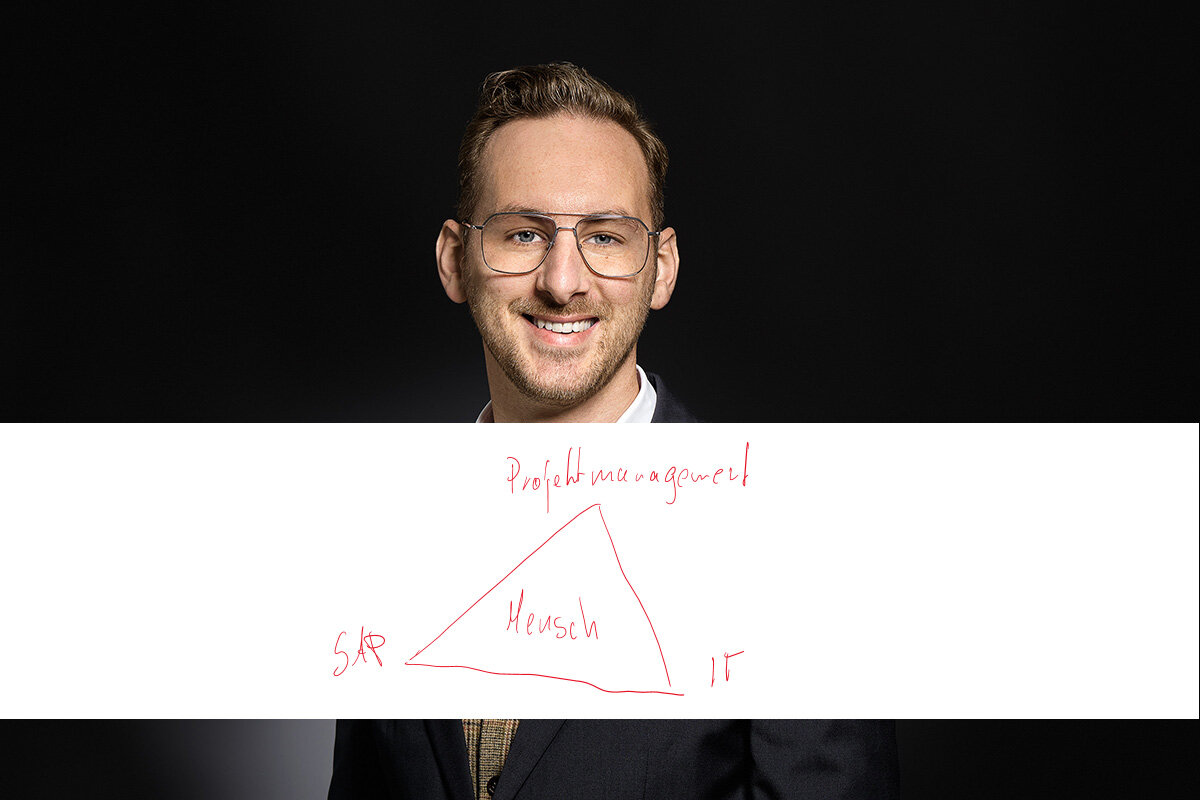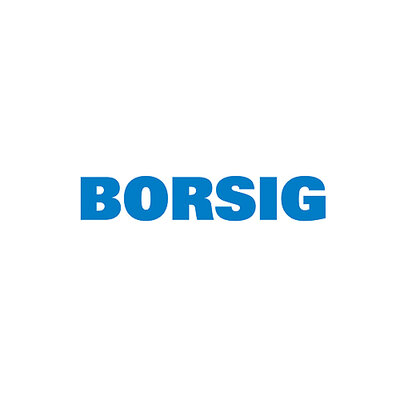
1. Software implementation at the customer and corona pandemic - how does that go together?
It works through competence, trust, integrity and freedom.
Service providers, in our case SAP consultants for example, need the necessary competencies to be able to work remotely and onsite. We have taken various measures to expand these competencies. The four-day week, for example, allows a consultant to spend one day a week working on new topics and deepening knowledge. I regularly give away books and we are always testing new models and software. Currently, we are developing a Lean Implementation model with a colleague from the team to quickly implement archiving solutions. We are looking at how tools like Miro can be used in our workshops.
I trust my team 100%, so there are no controls. Within kgs, we have always worked a lot in the home office and with completely free work scheduling. So the consultants do all that on their own responsibility. I don't care if someone works on the beach in Spain or from home. Whether he or she does it at night or during the day. There is a commitment: the quality of the project and satisfaction of the customer must not suffer under any circumstances and has the highest priority. The consultants live this trust by not taking advantage of it. They organize themselves and through constant exchange I am always in the picture. Have I been disappointed with this system so far? No.
Integrity is close to trust. I always trust my colleagues to keep their promises. They do so to me and, above all, to the customer.
Freedom: We are very flexible. I give the team every freedom. It's like basketball. There is a playing field (our projects) and for this playing field there are rules and strategies. How the players implement all this to win is up to them. The coach stands on the sidelines and gives the necessary impulses. That is freedom, which I live in the team. Does it always work, no. Is it good, yes.
2. Spectre of document migration - rightly or wrongly?
If it is a bugbear, then we are definitely the Ghost Busters and tame it ????. So seriously, it's not a bugbear. People are only afraid of ghosts because it's something unknown. We like to take away this fear from our customers with a lot of transparency and over 20 years of expertise. So for us it is not a spectre and if a company, with us to carry out its migration, then also not for the company. We have done hundreds of migrations. In all forms, facets and colors. I can't remember in 5 years of kgs that there was a single migration that we couldn't do. Has it always been easy? No, certainly not. But with internal support from, for example, Support, Development and Dev Ops, we manage even the most difficult cases. I think our references speak for themselves. We've done some really wild things. If everyone pulls together, it works. Transparency is important at this point. We get everyone on board as early as possible and make them participants. This starts with the direct customer and extends to the hoster, service provider and auditor.
3. What is your biggest learning from all the projects you and your team have worked on?
We have developed a kind of "magic triangle" for ourselves. It describes the skills that a consultant in our team must have in order to be successful with clients (see sketch). In the middle of this triangle is the human being. And that is exactly my biggest learning. A consultant can be a top SAP guru, deeply versed in project management and really nerdy in IT areas like infrastructure or programming. He or she can wear the best outfit, use a lot of technical words and drive a great car. All this is of no use in projects if he or she cannot deal with people. The process, the project and the success stand and fall with people. That is why people are at the center of everything we do in our competence triangle.


